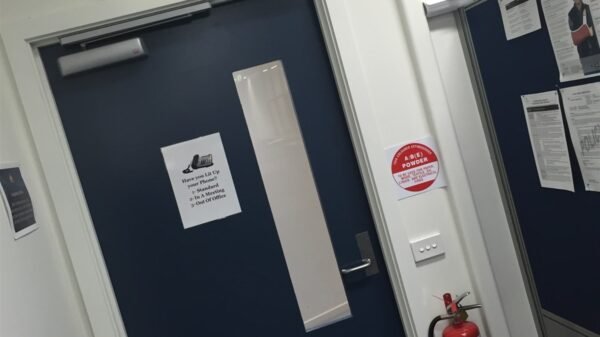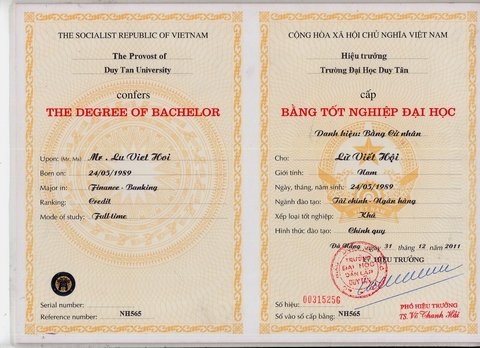In an era marked by the relentless pursuit of convenience and efficiency, the traditional path to education is transforming. The rise of online education and the demand for instant gratification have given birth to a new trend – “Degrees on Demand.” This phenomenon involves làm bằng đại học the acquisition of instant diplomas and degrees, challenging the conventional notion of investing years in traditional education.
The digital age has ushered in an era of unparalleled accessibility, and education is no exception. With the proliferation of online courses, individuals can now acquire knowledge from the comfort of their homes. However, the latest trend takes this a step further by offering instant diplomas, promising a shortcut to academic credentials.
One of the driving forces behind this trend is the increasing demand for quick, tangible results in a fast-paced society. Many individuals find themselves constrained by time and financial limitations, making the prospect of obtaining a degree in a matter of days or weeks appealing. Instant diplomas cater to those seeking immediate recognition of their skills and qualifications without the protracted commitment of traditional education.
Several online platforms and institutions have emerged to meet this demand, offering a wide array of instant diplomas and degrees in various fields. These programs claim to condense the essence of traditional education into a short, intensive format, allowing learners to acquire the necessary skills and credentials rapidly. However, this convenience comes with its own set of ethical and practical considerations.
Critics argue that instant diplomas undermine the value of genuine education and erode the credibility of academic qualifications. The traditional education system is designed to impart comprehensive knowledge, foster critical thinking, and instil a deep understanding of the subject matter. Instant diplomas, on the other hand, may be perceived as a superficial shortcut, lacking the depth and rigour associated with traditional degrees.
Moreover, the potential for abuse and fraud is a significant concern in the realm of instant diplomas. The rapid nature of these programs raises questions about the authenticity of the skills acquired and the legitimacy of the credentials awarded. Employers may become sceptical of candidates who flaunt instant diplomas, leading to a devaluation of the entire educational system.
However, proponents argue that instant diplomas cater to a specific demographic with unique needs and constraints. For individuals already well-versed in a particular field or those seeking to enhance their existing skills, the option of acquiring an instant diploma can be a viable alternative. These programs provide a fast-track route to formal recognition, enabling individuals to enter or progress within their chosen industries more swiftly.
The trend of instant diplomas also reflects a broader shift in the perception of education. As technology continues to reshape the job market, the emphasis is increasingly placed on practical skills and real-world application. Instant diplomas may be seen as a response to this evolving landscape, offering a focused and streamlined approach to learning that aligns with the demands of contemporary industries.
In conclusion, the growing trend of instant diplomas reflects the evolving landscape of education in the digital age. While it offers a convenient and expedited pathway to academic credentials, it also raises important questions about the integrity of education and the potential for abuse. As society grapples with the balance between convenience and the value of traditional education, the debate surrounding instant diplomas is likely to persist, shaping the future of learning and credentialing.





























































